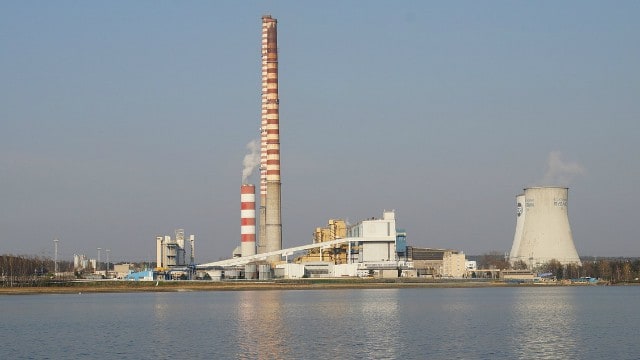
The outlook for steel-making coal and base metals miner Teck Resources Ltd. (TSX:TECK.B)(NYSE:TECK) continues to decline. This is despite some pundits claiming that even after the sensational rally, which sees its worth more than triple its price two years ago, Teck is poised to reward investors with further gains.
There are signs that there are rough times ahead for Teck.
You see, for steel-making, or coking coal, and base metals miners, it all essentially boils down to one thing: China — more specifically, the outlook for the world’s second-largest economy and largest consumer of commodities. Latest news out of China indicates that demand for steel and other metals is waning because of policy changes instituted by Beijing.
Now what?
One key policy is the push to reduce air pollution, which has seen Beijing implement production constraints on steel mills as well as planning to suspend major public works. That will cause demand for steel and critical elements used in its fabrication, such as steel-making coal, to decline.
There is also no shortage of steel inventories in China, and this continues to weigh on demand for newly fabricated steel.
Analysts are also expecting Beijing to remain focused on transitioning the economy away from export-oriented manufacturing to services and the tertiary sector. Along with moves to reduce credit-driven stimulus, this will lead to a reduction in public works and property development, which are the main consumers of steel, copper, and zinc.
None of this is good news for Teck because coking coal, copper, and zinc, for the second quarter 2017, were responsible for 57%, 20%, and 23% of its revenues, respectively.
It isn’t only news from China that is weighing on coking coal and metals prices.
Moves by the Fed to wind down the massive asset pool created by quantitative easing and boost interest rates has caused the U.S. dollar to appreciate by almost 1% last month. That has impacted coking coal, copper, and zinc because they are priced in U.S. dollars, which means they are now more expensive to purchase in other currencies.
There are also fears that Trump will be unable to implement his pro-economic growth fiscal policies, including delivering the much-touted trillion-dollar investment in infrastructure, which, thus far, has failed to materialize.
Declining commodity prices will impact Teck’s earnings, while margins will be squeezed by higher financing costs. At the end of the second quarter, it had US$4.8 billion in net debt, which, in a macro environment, where interest rates are rising, will become more expensive to service as it falls due and is refinanced.
There are signs that global coking coal production will grow.
Mines in China have been steadily ramping up production since the start of the year as the demand for steel grew, while the world’s largest miner BHP Billiton Ltd. (NYSE:BBL)(NYSE:BHP) has been investing in expanding its Australian coal production. Earlier this year, it invested US$200 million in expanding production at its Peak Downs mine by two million tonnes annually.
So what?
The latest reports out of China coupled with rising interest rates and a stronger U.S. dollar add up to be bad news for Teck. While it is doubtful that coking coal will plummet to the lows witnessed in 2015, its rally is most certainly over, which, along with copper’s recent weakness, will place pressure on Teck’s earnings. That makes now the time for investors to consider taking profits off the table.






